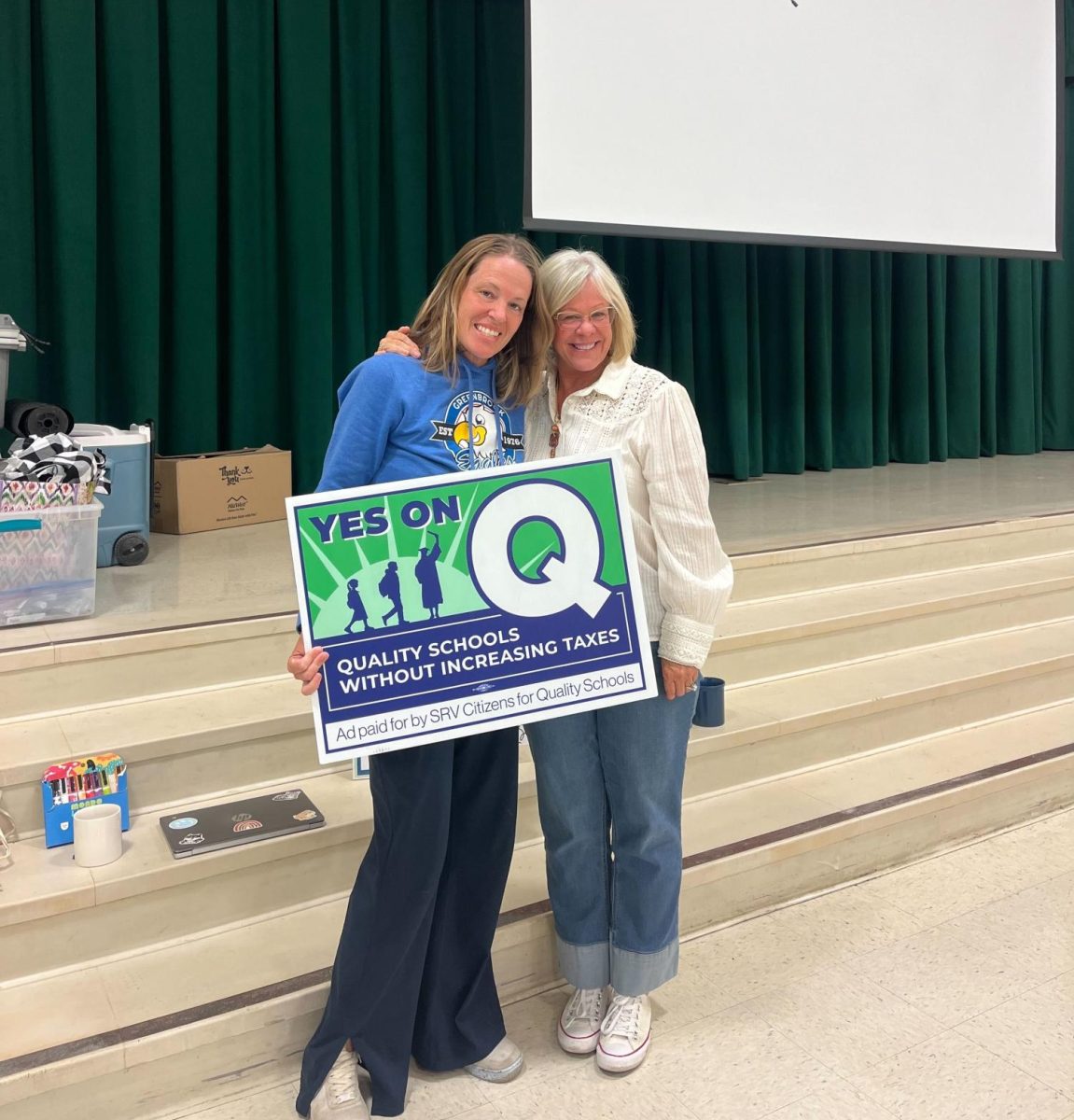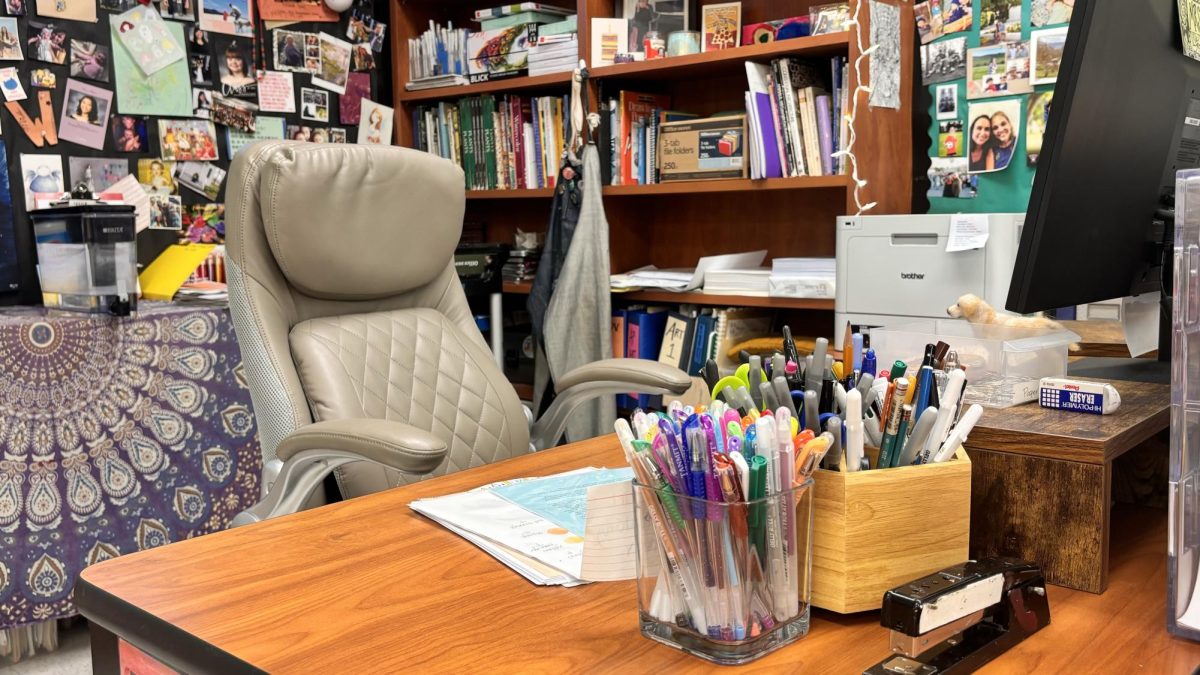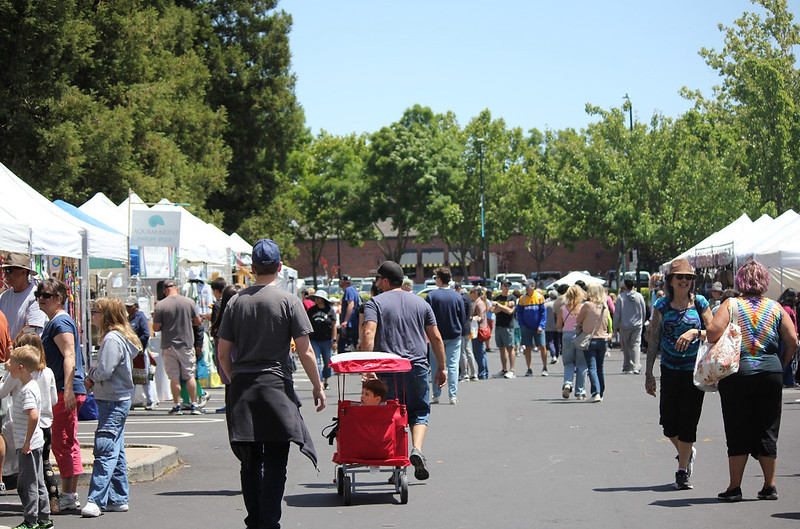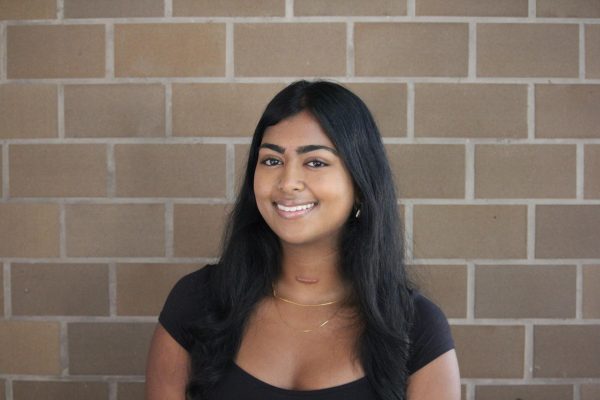Measure Q, a local parcel tax of $144 per property per year, is set to expire in July 2025. In this upcoming presidential election, it will be on the ballot for renewal because Measure E and F failed in the mail-only special election last May.
The measure is a renewal of the parcel tax that’s been in effect for the last couple of decades. It funds $7 million each year for school funding.
Measure E and F, the original bills, failed mainly due to being in a special election.
“We got [feedback] that was like, ‘Oh, I didn’t even vote. It just seemed like a no-brainer. It seemed like it would pass,’” said VP of Membership for the SRV council of PTAs Kristin McCollum.
Rajee Subramanian, the PTA president at DVHS, agreed.
“Because it came in a local election, not everyone went out and voted. Because the number of votes was reduced, it didn’t pass,” said Subramanian. “But now, because it’s coming with the presidential election, I have a higher hope that it will pass.”
Since spring 2024, Measure Q volunteers have done the work to educate the public community about the bills. They have advertised by putting up signs, canvassed to hundreds of homes, and communicated with those with questions.
“I feel like this time, we’ve done the work of educating folks on what it is and what we stand to lose. We hammered the importance of getting all the way down to the bottom of the ballot. Turnout won’t be an issue for us this time,” said McCollum.
This measure’s success is imperative for school funding, particularly to retain high-quality teachers. Schools are estimated to lose five teachers per school site next year if the measure fails.
“It looks like [the future of school’s] teacher layoffs. It looks like program cuts and increased class sizes” said McCollum.
Subramanian put it in stark terms when talking about the importance of passing Measure Q.
“[Without it] the opportunity for our students to succeed academically is reduced,” said Subramanian.
The California government funds public schools based on attendance, which puts public schools in a difficult place. To support the multiple programs and extra periods, schools have to fund it themselves.
“[Measure Q] gives schools the vital funding that we need, especially when our district is in a state right now where we’re facking a shrinkage in our budget next year due to how state funding is structured for schools. We’re looking at a budget that’s smaller than it was this year going into next year,” explained McCollum.
Though the measure doesn’t involve increasing taxes, there are misconceptions surrounding tax increasement circulating.
“Most of the people I have talked to don’t know it is a renewal, so I emphasize that. They then come to know that their taxes aren’t going to increase. Then, they are fine with it,” said Subramanian.
“We don’t have much of an opposition. [For those who do], it’s people who just oppose taxes in general.” McCollum noted.
If passed, there are measures put in place to assure the funds are spent appropriately.
“There are parameters around how the money can be spent. Only on teachers and programs. A group of volunteers will form a committee and review how the money is spent each year. They account for all of it, sign off on it, and give a report each year,” explained McCollum.
“The state isn’t going to take a cut of any of the funds. It goes straight to the local school district,” added Subramanian.
Many support Measure Q for the same reason: for the students.
“This is for our kids. It’s important for our community. The schools are the backbone of our community, our schools are what make this area so great. It’s what makes families want to move here. And, these are all our kids. I think education is just that important, especially in this area, that we should be able to do well by our kids and come together as a community to say it’s so important that I will give $12 a month to support kids,” reasoned McCollum.






